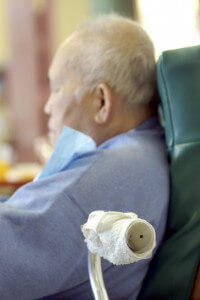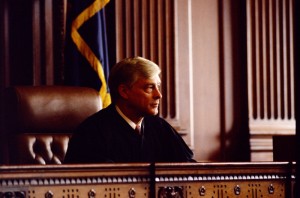Opportunities, Time, Money and Lives Lost Waiting for Immigration Reforms
The answer seems obvious: for those caught up waiting for changes in U.S. immigration policies, there has been lost opportunity, lost financial gain, and lost lives. However, the matter of immigration reform is actually quite complex. On October 22, 2013, the Immigration Policy Center released a report titled The Cost of Doing Nothing. The policy group was clearly unhappy with Congress’ failure to act on immigration reform legislation. The report expresses resentment and disappointment with the “enforcement only” approach to immigration that has caused many human tragedies and wasted millions of taxpayers’ money. As the report indicates, the full economic potential of unrecognized immigrants as taxpayers, workers, entrepreneurs, and consumers continues to be squandered because there is no path for them to obtain legal status.
 No one says the government shouldn’t enforce our immigration laws and properly screen people coming into the United States. But if proposed legislation offering hope and a solution for the millions of undocumented immigrants already here had been viewed with the urgency it deserves, it would have not only helped a large but silent population but also been a major step towards strengthening society while at the same time expanding the public coffers.
No one says the government shouldn’t enforce our immigration laws and properly screen people coming into the United States. But if proposed legislation offering hope and a solution for the millions of undocumented immigrants already here had been viewed with the urgency it deserves, it would have not only helped a large but silent population but also been a major step towards strengthening society while at the same time expanding the public coffers.
The Immigration Policy Center’s report is worth a read. Not only have taxpayers lost lost millions of dollars over the years, but families have been broken and lives lost in what has become a black eye to our country’s long history of inclusion and openness.
The U.S. immigration system was last overhauled in 1986. Much has changed in this nearly 30 year span, yet our immigration policies have not kept up as societies become globalized. How can millions in spending on immigration enforcement be accounted for when the number of unauthorized immigrants in the country has tripled to approximately 11 million and continues to rise?
And that’s just the tip of the iceberg. The following statistics are enlightening:
- At least 240 immigrant deaths occur every year at U.S. borders. Every year from 2005 to 2012 has seen at least 350 deaths, with the highest number being 463 in 2012.
- The US Border Patrol budget has multiplied tenfold from 1993 to 2012.
The Atlanta, Georgia law firm of Brownstein & Nguyen has helped thousands of foreign citizens over the last 20 years. Individuals have found support in obtaining visas to come and live in the United States. Tien G. Nguyen, a founding lawyer with the firm, has the necessary expertise to help individuals and families with their visa needs. She has assisted with cases involving visas and green cards, citizenship and naturalization, and removal/deportation. Contact our Atlanta, Georgia immigration law attorneys if you, a family member or someone you know needs expert advice or representation in immigration law, do not hesitate to call for a free consultation.









